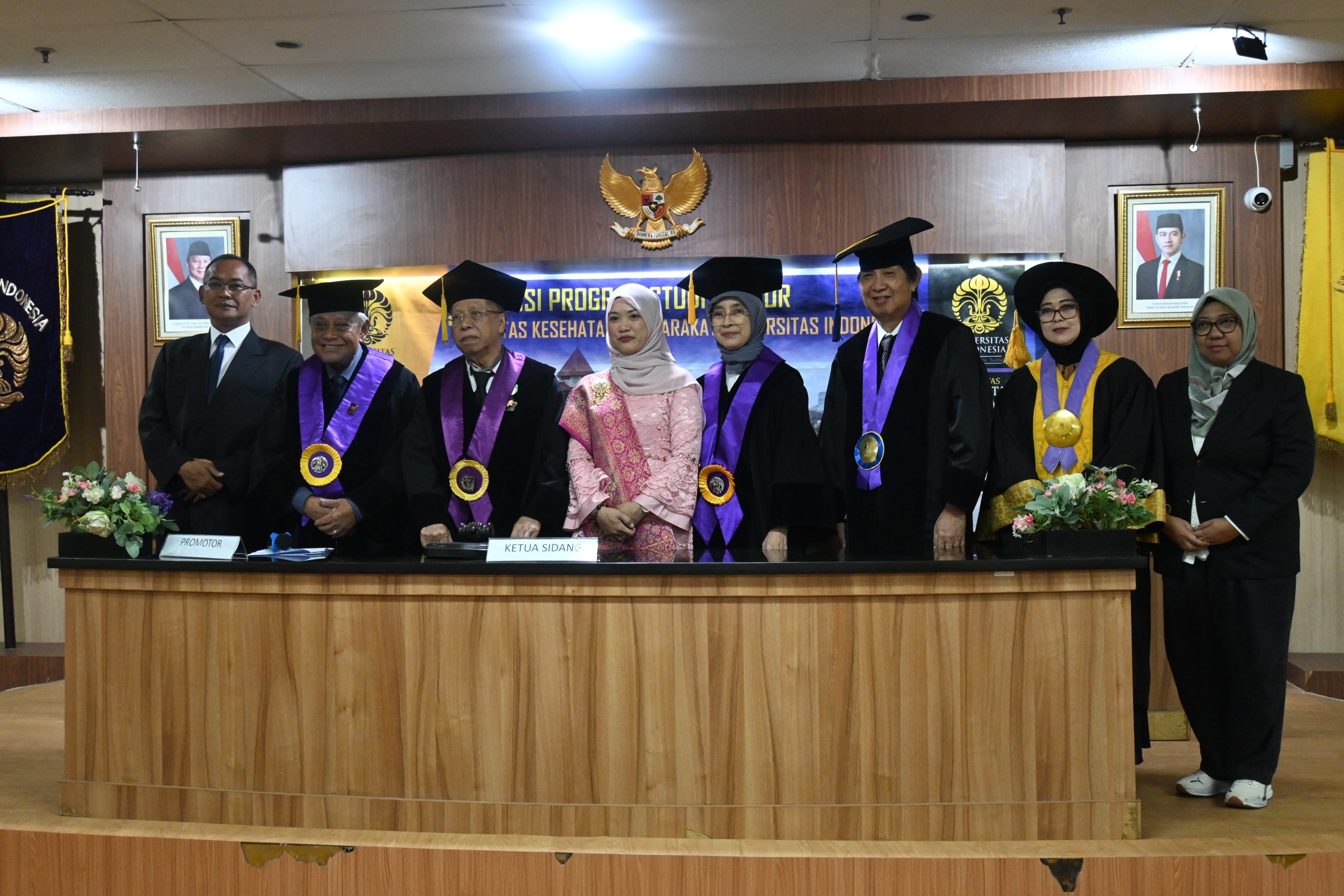According to data from the Ministry of Environment and Forestry (KLHK), Depok City is one of the top 10 cities in Indonesia with the highest waste accumulation, with 21.63% of it being plastic waste. Plastic waste is considered non-degradable due to its difficulty in decomposition and its significant environmental impact. Despite this, waste management in Indonesia remains under-optimized and not comprehensively addressed. The current waste management policy is still dominated by the accumulation of waste at Landfills (TPA), which accounts for 69% of the total waste.
Plastic waste tends to break down into microplastics more rapidly than it decomposes completely into soil, which presents a new threat to human health and the environment. The tiny size of microplastics, which are invisible to the naked eye, allows them to easily settle in the soil, flow into groundwater, and eventually reach the oceans, potentially becoming a new source of pollution that is difficult to detect and manage using conventional methods. The increasing pollution from microplastics every year has become a serious threat to public health and the environment. Meanwhile, the priority of microplastic management by the Depok City Government is still focused on source reduction, using a circular economy model and the 3R (reduce, reuse, recycle) approach through waste banks, which still face significant challenges in effectiveness.
In response to this issue, Okky Assetya Pratiwi conducted research for her dissertation titled “Biotechnology Model for Microplastic Degradation Based on Indigenous Bacteria at Cipayung Landfill, Depok City,” which she defended at the Doctoral Promotion Session at FPH UI on Thursday, January 9, 2024. Okky’s research aims to develop a biotechnology model for microplastic degradation based on indigenous bacteria from the Cipayung Landfill, Depok City, which has the highest microplastic concentration in its soil samples. The study is expected to provide a strategic contribution in addressing the microplastic pollution challenge in urban environments through a scientific approach based on microorganisms.
The research was conducted using a quantitative study with observational, health risk assessment, and experimental approaches. The study successfully identified the microplastic concentration in the surrounding environment of the Cipayung Landfill. The microplastic concentration in the soil ranged from 8,400 to 152,000 particles/kg, while the clean water consumed by the public contained 1,889 to 5,444 particles/L. The risk analysis showed variability in the health risk levels of the surrounding community, categorized as a Risk Quotient (RQ) > 1, indicating potential health risks for the public.
The study found that four potential bacterial isolates—Rummeliibacillus pycnus NBRC 101231, Stenotrophomonas acidaminiphila JCM 13310, Microbacterium arborescens DSM 20754, and Streptomyces thermolineatus DSM 41451—were effective in degrading microplastics. This effectiveness was demonstrated by a reduction in microplastic weight, changes in chemical structure (analyzed using FTIR), and the formation of biofilms, holes, and cracks (observed via SEM).
One of the key breakthroughs of this research is the development of an innovative product for a sustainable solution, with Rummeliibacillus pycnus NBRC 101231 as the main agent. This product offers significant potential as a long-term solution for microplastic management in the future. Okky also emphasized the importance of establishing regulations on safe microplastic levels in the environment. Additionally, further development is needed to test the implementation and acceptability of this model in communities to ensure its effectiveness and widespread acceptance. This research not only makes a significant contribution to science but also represents a concrete step toward supporting environmental sustainability. Okky Assetya Pratiwi has proven that microorganism-based technology can be an innovative solution to global challenges such as microplastic pollution.
The study’s novelty lies in its comprehensive approach from upstream to downstream, identifying microplastic pollution problems and offering practical solutions for their management. Okky Assetya Pratiwi earned the Doctor of Public Health degree with the distinction of “very satisfactory” as the 6th graduate of the 2025 cohort of the Public Health Doctoral Program, the 345th graduate of the Public Health Doctoral Program, and the 446th Ph.D. graduate from FPH UI.
“This dissertation is a significant contribution to the Environmental Health Study Program at FPH UI, particularly in environmental microbiology. It is crucial moving forward because highly toxic waste can be destroyed by microorganisms. This research is a pioneering effort that enhances knowledge in its field, with its novelty and practical benefits for the community,” said Prof. dr. Umar Fahmi Achmadi, M.P.H., Ph.D., her Promotor, in his remarks.
The session was led by Prof. Dr. drg. Ririn Arminsih, M.Kes., as the Chair, Prof. dr. Umar Fahmi Achmadi, M.P.H., Ph.D., as Promotor; Prof. dr. Haryoto Kusnoputranto, S.K.M., Dr.PH., and Dr. Drs. Slamet Isworo, M.Kes., as Co-Promotors. The examining committee consisted of Dr. Ema Hermawati, S.Si., M.K.M.; Dr. Budi Hartono, S.Si, M.Kes.; Prof. dr. Agus Suwandono, M.P.H., Dr.PH.; and Prof. Dr. Yuanita Windusari, S.Si., M.Si. (ITM)

